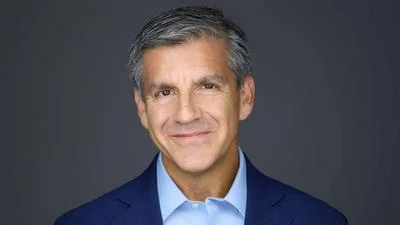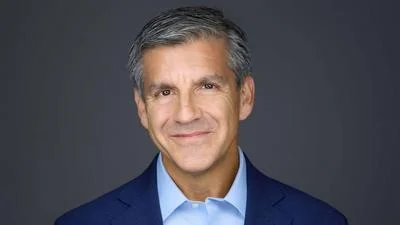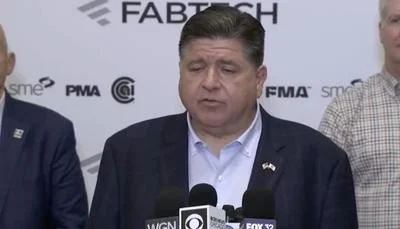Scott Reeder
Scott Reeder
The COVID-19 pandemic has adversely affected a variety of businesses, but perhaps none more than the swine industry.
Having grown up on a hog farm, I can tell you it has never been an easy business to be in. But now is different; for the first time in more than 90 years farmers are killing healthy livestock rather than shipping them to market.
This already is taking place in northwest Iowa, Minnesota, Wisconsin and South Dakota. If it is to happen in Illinois, it will likely begin this week or next contends Joe Connor, a Carthage, Ill., swine veterinarian whose practice cares for more than 500,000 sows.
The virus has swept through packing plants across the Midwest, forcing many to shut down. Those that have reopened are not butchering as many animals because social distancing requirements for workers have reduced the number of carcasses that can be handled.
What this means is that there is less meat heading to grocery stores, which has bumped up prices and created less selection for customers.
But, it has created desperate times on the farm. Already, many farmers are marketing livestock at a loss. And the prospect of destroying animals is heart breaking for any farmer.
Beyond the financial loss, farmers take pride in producing quality food. To see animals destined a landfill rather than a meat counter is disillusioning.
The Illinois Pork Producers are building a trailer to be used for mass depopulation of herds, said Jennifer Tirey, executive director.
“We hope we never have to use this trailer,” she said. “It’s so wasteful. But we need to have a contingency plan in case there are no other alternatives. And this is our Plan B.”
Tirey declined to discuss the specifics of how the animals would be killed. But in Minnesota, Iowa and the Dakotas the most common method is to suffocate swine by releasing carbon dioxide into an enclosed space such as barn or trailer.
“It’s done in a humane manner. The pigs just fall asleep. It’s important to remember that they have a limited lifespan anyway. But this is such a waste,” said Rachel Schulte, a veterinarian on the Pork Producers board. “Euthanizing pigs is against everything that we work for.”
Farmers have taken to selling hogs directly to consumers, said John Powers, owner of the Elmwood Locker Service.
Instead of selling the hogs to large processing plants, customers pay the farmer for the hog and then the farmer ships it to a local locker such as the one Powers owns.
But this is just a stop-gap measure because local lockers have limited capacity too.
“I’m completely booked up until April 2021, Powers said.
Unlike cattle, the swine industry has little leeway on when an animal goes to market.
Raising hogs on the modern farm is a science.
Sows are bred at precise time, farmers know when they will give birth and approximately how many piglets will be weaned. And they know when their hogs will reach market weight.
Hogs cannot exceed a certain weight, in part, because plants do not have the machinery to handle larger carcasses. Also, consumers are accustomed to uniform-size cuts of meat.
Hog farmers, who have long taken pride in the efficiency of their industry, are now trying to slow down rather than maximize swine growth.
They are reducing the amount of protein in feed, keeping barns warmer and feeding less in hopes as packing plant capacity rebounds eventually there will be a day they can be shipped to market.
Pete Main, an Altona farmer, said he has been using social media to sell live hogs to deer hunters and others who have the knowledge to butcher for their personal consumption.
The prospect of farmers destroying animals is dismaying. But Main said he believes he can avoid such an outcome.
“It’s a disheartening time to be raising hogs,” he said. “We are in the business of raising hogs so that people go to the store and enjoy that protein.”
– Scott Reeder is a veteran statehouse journalist and a freelance reporter. ScottReeder1965@gmail.com.






 Alerts Sign-up
Alerts Sign-up